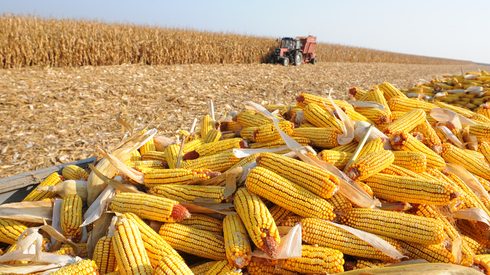The operation of the Parana waterway concession could be passed to a newly created bi-chamber commission, as a new initiative to control the strategically vital waterway receives acceptance by the lower chamber of Argentina’s Congress.
The waterway is a key export route for agricultural commodities in Argentina and has been the subject of a long running attempt by the government to re-negotiate the terms of its operation after the existing agreement came to an end in April.
If the bill is passed it will be an unprecedented move, whereby the responsibility of running the tendering process will be transferred from the government to congress.
“The commission could decide who will operate the waterway, it could be left in the hands of a private or public entity,” an Argentinean trade source said to Agricensus.
“This could be the beginning of further unprecedented moves,” added the source.
Argentina’s lower chamber in the congress has approved the creation of the commission, which will be in control of the tender process of the waterway and the navigation system, and it could be approved as soon as next week, when the initiative is due to be discussed further in Congress.
The Commission – led by Argentina’s vice-president Cristina Fernandez and the president of the Chamber of Deputies Sergio Massa – will decide who will operate the concession of this key waterway, with some sources fearing that this is a constitutional power grab that could be repeated in other areas.
“The current government is powerless, the power is in the hands of Cristina [Fernandez],” a second Argentinean trading source said to Agricensus.
The current concession of the river ended in April but was granted a three-month extension that is due to end next month, with the Belgian company Jan de Nul and Emepa, a local company, operating the waterway for the past 25 years.
The Parana waterway is a key route to export agricultural commodities from Argentina and nearby Paraguay, but recently it has been affected by a number of challenges including the severely low water levels which have disrupted transit through the river this year.





